Part 31: Europa Universalis III: Chapter 1 - Prologue: The Reichstag Convenes
Europa Universalis III
Prologue: The Reichstag Convenes
December 10th, Anno Domini 1399.
The Imperial Reichstag is convened at the request of the Emperor himself, something that has not been done in centuries. Established by Charlemagne, the Reichstag is a council of Dukes, Counts, Barons, Mayors and other rulers from the various estates of the Empire. Though the Reichstag has fallen into irrelevance after the Empire broke apart under King Nikolaus, all that is about to change with the bold new proposition that Emperor Waldemar places before it. Called 'The Golden Bull', it contains three central edicts:
The first edict strips the Pope of the privilege of choosing and crowning the King of the Romans, instead vesting that authority in eight Prince-Electors chosen among the oldest and most influential families of Germany, Burgundy and Italy, creating a new Holy Roman Empire where the Emperor is the only sovereign over both State and Church.
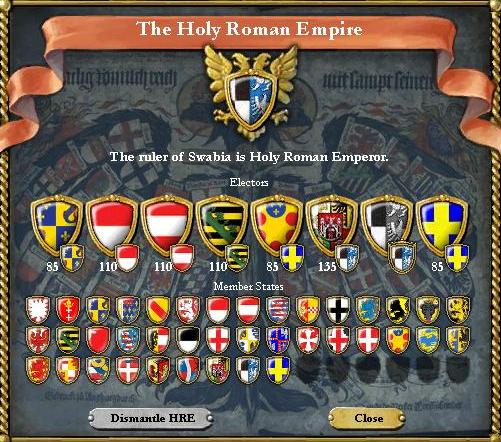
The second edict dissolves the feudal ties of the Emperor to the estates of the Empire, replacing them with a formal system of Member States that are required to pay homage to the Emperor, raise troops for the Imperial Army, and contribute diplomats and advisors to the Imperial Court at Mainz.
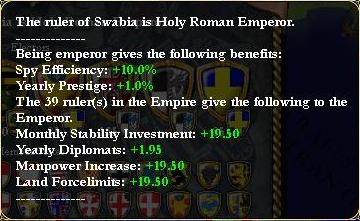
Under the second edict, Swabia will become for all intents and purposes an independent nation, able to set its own policies unfettered by the old feudal laws. However, since Waldemar is both sovereign of Swabia and the Empire, for now its fate will be inseparably linked with that of the Empire. The court of Swabia is currently dominated by Baron Karl Weber, a Bavarian noble charged with planning the new system of the Imperial Army.
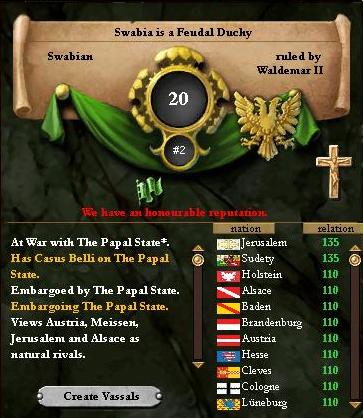
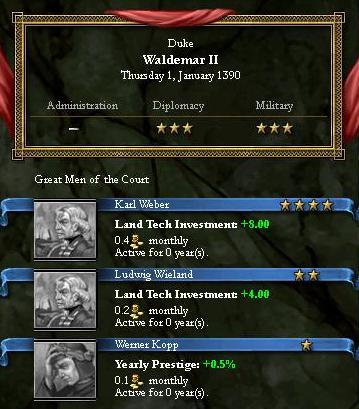
Maintaining the large Imperial Army is projected to be severely taxing on the modest economic means of Swabia, and a new system of annual taxation has been proposed to fill the gaps in funding.
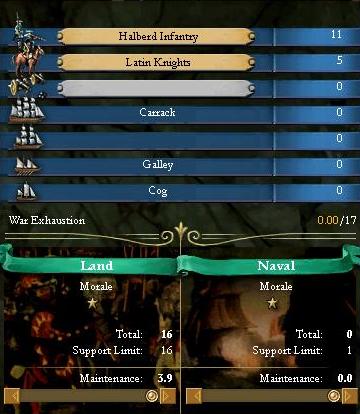
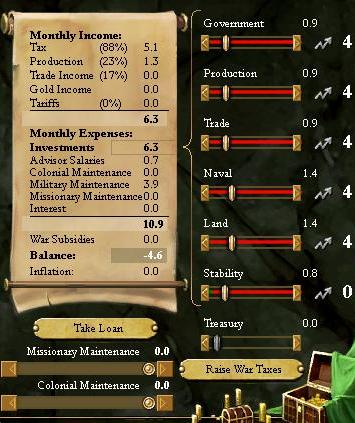
For all of the Golden Bull's proposed reforms, Swabia has a feudal heritage that will be difficult to reform. Serfdom remains alive and well, the clergy and noble classes continue to wield considerable power over large parts of the land, and Swabia's trade policy is deeply mercantilistic, stifling the advancement of new trading methods.
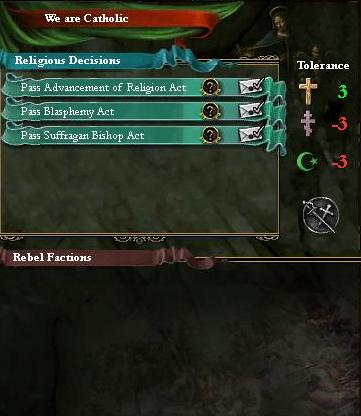

The final edict of the Golden Bull is to grant the Reichstag advisory powers, allowing the Member States to play a role in shaping the overall policy of the Emperor. Though bitterly contested by Waldemar, the Prince-Electors refused to settle for anything less, not wishing to see their new solitary Sovereign grow too strong at their expense. Their advisory power allows them to craft and vote on Imperial Proposals, which the Emperor is bound to follow, though 'by the methods of His Imperial Majesty's own discretion'. No more than one such Imperial Proposal may be passed at each convening, and as the Emperor is required to convene the Reichstag only once every decade, the matter of which Imperial Proposal shall pass on this first convening has come down to the three choices with the broadest support:
Largely favored by the smaller member states and Mercantilist factions within the court, the Writ of Trade and Prosperity codifies a set of laws and policies for trade throughout the Empire that will significantly strengthen trade income, though it has the inevitable consequense of empowering the Mercantilists in Swabia even further. Under this proposal, Imperial policy would be to strengthen the Emperor's income through trade and to attempt to secure a port for Swabia.


Waldemar's own proposal, written by the allies of the Hohenzollerns within the Reichstag, is the Imperial Culture and Dignity Act which will turn Mainz into a haven for artists and writers, something that will greatly strengthen the prestige of both Swabia and the Empire. In addition to the gains in prestige, Waldemar plans to use this act to levy additional taxes for its funding and strengthen his personal control over Swabia. Under this proposal, Imperial policy would be to strengthen the influence and 'soft power' of the Emperor, forge closer ties to the Electors, and maintain the internal stability of the Empire.


Finally, fiercely supported by border states such as Sopron, Danzig and Dauphine, the Imperial Army Standards Act would establish a baseline of quality required from the soldiers of the Imperial Army and transform it into a professional fighting force capable of protecting the Empire from any external threat. Under this proposal, Imperial policy would be to aggressively maintain the borders of the Empire, form alliances to contain threats to the independence of the Member States, and to explore the possibility of reclaiming the French-controlled Rheinland.

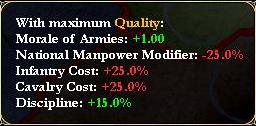
Welcome to Europa Universalis 3! As you no doubt have guessed by now, the role of the Reichstag is to be played by you, my audience. One of the things I decided to do from the get-go to curtail my own ability to dominate the world was to stick to certain rules / policies when making decisions and planning strategies. In Crusader Kings, I tried to act out as the current ruler would, in Victoria I plan to stick closely to the policies of the ruling party, and in Europa Universalis, you get to play a direct part in shaping the long-term policy of Swabia and the Empire so now and then I will 'convene the Reichstag' when decisions such as slider changes and National Policies come up. With that said, please go ahead and vote on the proposal of your choice.